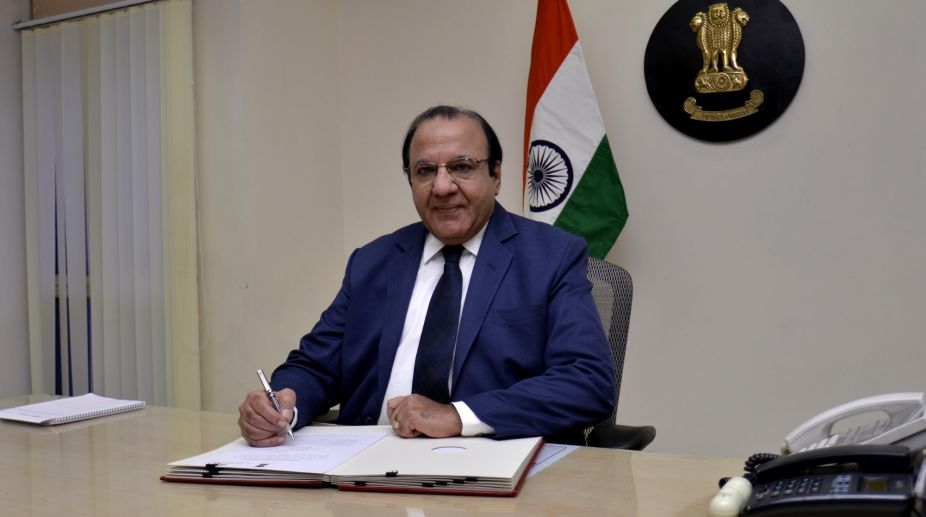The Election Commission of India (ECI) on Wednesday announced 9 and 14 December as the dates of polling for Gujarat Assembly election and the results will be declared on 18 December.
Chief Election Commissioner (CEC) AK Joti, while briefing a press conference on Gujarat poll dates, said the elections are expected to be held in two phases and will be VVPAT machine based.
Advertisement
The first phase of polling will be held on 9 December in 19 districts for 89 seats and the second phase will go to poll on 14 December in 14 districts for 93 seats.
Dates for the first phase of the Gujarat elections:
Date of issue of notification for first phase: November 14, 2017
Last day to file nominations: November 21
Date of scrutiny of nominations: November 22
Last date for withdrawal of candidature: November 24
Date of polling: December 9
Dates for the second phase of the Gujarat elections:
Date of issue of notification for second phase: November 20
Last day to file nominations: November 27
Date of scrutiny of nominations: November 28
Last date for withdrawal of candidature: November 30
Date of polling: December 14
The poll panel has set the ceiling of the expenditure for each candidates at Rs 28 lakh.
CCTV cameras will be set up at sensitive areas along the border, said AK Joti and added that 50,128 polling booths will be set up for the Gujarat elections.
The Model Code of Conduct has come into force from now in Gujarat , said Joti. .
There will be 102 all-women polling stations for the polls in Gujarat, said CEC Joti.
The tenure of the 182-member Gujarat House ends in January 2018.
Gujarat is Prime Minister Narendra Modi’s home state.
Earlier, ECI had announced dates for Himachal Pradesh Assembly elections 2017, which will be held on 9 November, but had refrained from announcing dates for Gujarat elections.
ECI had faced criticism from Opposition parties for not announcing the dates along with Himachal Pradesh schedule.
Opposition had alleged that the ‘delay’ in announcement of election dates by EC, has helped the ruling BJP government in the state and at the Centre to announce several schemes and incentives before the Model Code of Conduct comes into force to ‘influence the voters’.











